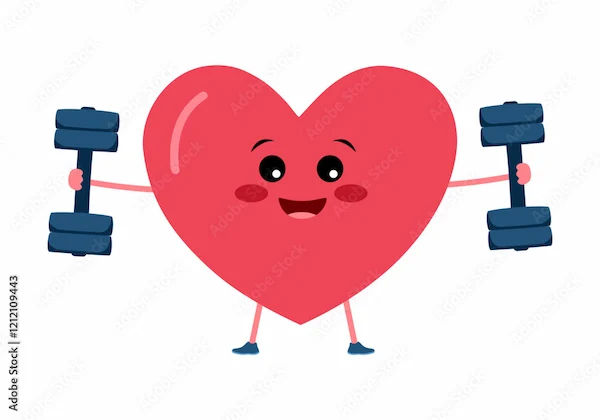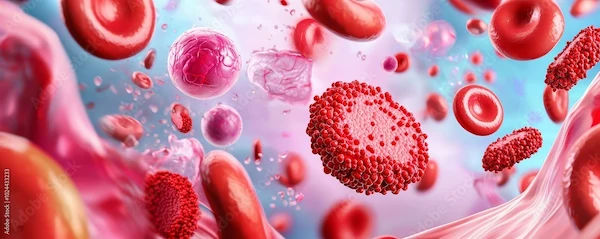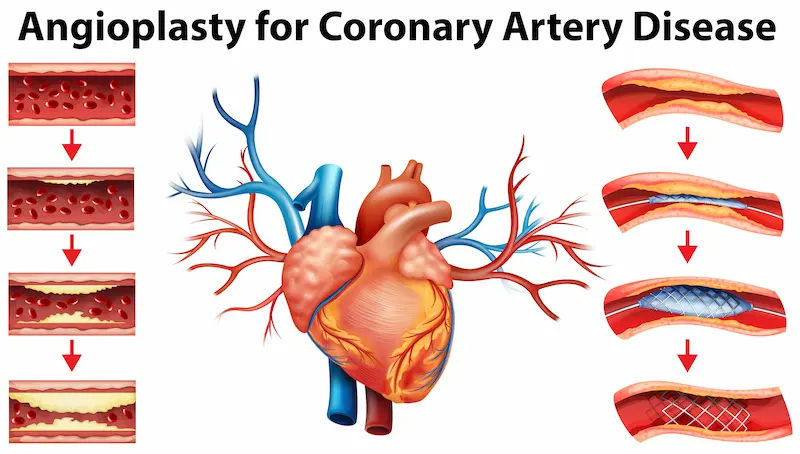- male
- 48 Years
- 29/01/2025
I'm really worried about my heart's LVEF, which is at 34%. I'm 48 years old and not dealing with sugar, blood pressure, or obesity. I'm trying to understand what I can do for treatment and how this might impact how long I can live. Can you provide some guidance on this?
Answered by 1 Apollo Doctors
With an LVEF of 34%, it is important to focus on medications that can help improve heart function. One common medication used is Carvedilol, which is a beta-blocker. The recommended dosage for Carvedilol in this case would be 6.25mg to 25mg twice daily. Additionally, an ACE inhibitor like Lisinopril can also be beneficial. The typical dosage for Lisinopril would be 5mg to 40mg once daily. It is difficult to predict an exact survival time as it depends on various factors such as overall health, adherence to treatment, and lifestyle choices. However, with proper medical management and lifestyle modifications, individuals with an LVEF of 34% can live for many years. Regular follow-ups with a cardiologist are essential to monitor progress and adjust treatment as needed.
Dr. Anshul Suggests...
Consult a Cardiologist
Answered 04/07/2025
0
0

More Cardiology Health Queries
View allI'm currently taking Telma 40mg twice a day as my doctor recommended, but I accidentally bought Telma 20 instead. To make up for it, I've been taking two Telma 20 tablets each time. Is this okay, or did I mess up? Should I be concerned about any risks with doubling up like this?
No, as long as the dosage remains the same, it should not cause any significant issues.
Answered by 1 Apollo Doctors
I've been feeling this heavy sensation in my head for the past few days, and while my blood pressure was normal before, recently it's been at 126 over 80. I'm curious, does the heavy feeling in my head mean my blood pressure is actually shooting up past 140 over 90 during those times? When I visited my doctor, my pressure was 126 over 80 and I didn't have that heavy feeling at that moment.
The feeling of heaviness in your head may not necessarily correlate with your blood pressure being above 14090. It is possible to experience symptoms like a heavy head even with a blood pressure reading of 12680. To help alleviate your symptoms, you can try taking a medication like Acetaminophen 500mg every 4-6 hours as needed for headache relief. Additionally, make sure to stay hydrated, practice relaxation techniques, and get an adequate amount of rest. If your symptoms persist or worsen, it is advisable to follow up with your doctor for further evaluation.
Answered by 1 Apollo Doctors
I'm really confused about what the normal blood pressure value is supposed to be. I've read online that it's 12080, but then I've also heard from doctors that 14090 is normal, and some even say up to 160100 isn't a problem. I'm really anxious about this and just want to know what the actual normal range for blood pressure is.
It depends on age But. < or =14090 is ok
Answered by 1 Apollo Doctors
Disclaimer: Answers on Apollo 247 are not intended to replace your doctor advice. Always seek help of a professional doctor in case of an medical emergency or ailment.





